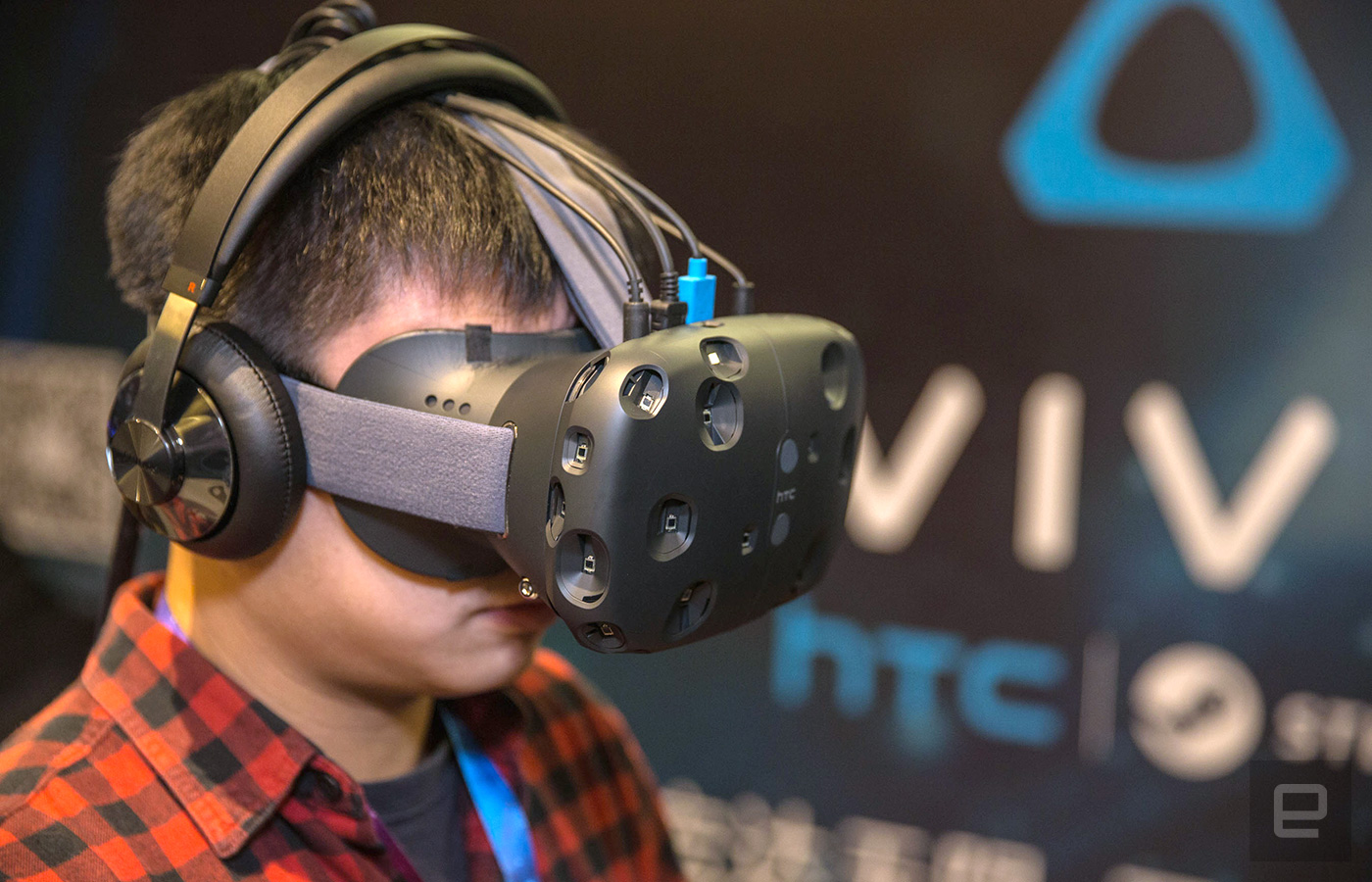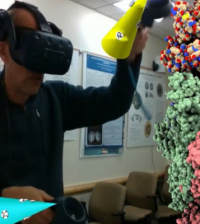- makeITcircular 2024 content launched – Part of Maker Faire Rome 2024Posted 2 weeks ago
- Application For Maker Faire Rome 2024: Deadline June 20thPosted 2 months ago
- Building a 3D Digital Clock with ArduinoPosted 7 months ago
- Creating a controller for Minecraft with realistic body movements using ArduinoPosted 7 months ago
- Snowflake with ArduinoPosted 8 months ago
- Holographic Christmas TreePosted 8 months ago
- Segstick: Build Your Own Self-Balancing Vehicle in Just 2 Days with ArduinoPosted 8 months ago
- ZSWatch: An Open-Source Smartwatch Project Based on the Zephyr Operating SystemPosted 9 months ago
- What is IoT and which devices to usePosted 9 months ago
- Maker Faire Rome Unveils Thrilling “Padel Smash Future” Pavilion for Sports EnthusiastsPosted 10 months ago
Virtual reality could help fight depression

A study by University College London (UCL) and the Catalan Institution for Research and Advanced Studies (ICREA) suggests virtual reality could be utilized as a treatment for depression in the future. The pilot study worked with 15 depression patients aged 23 to 61, yielded positive results in 60 percent of subjects.
Dedicated to all those that are always criticizing the gaming world, virtual reality, augmented reality, those heavily -and negatively- commenting on some phenomena like the recent Pokèmon Go hype, scientist are commonly agreeing that playing a complex and immersive game, like the one that involves AR/VR, can be a valid resource to heal brain problems, like depression.
Research into virtual reality therapy (VRT) has exploded in recent years, thanks in part to the proliferation of affordable and functional hardware to support it. The UCL and ICREA study uses VRT techniques that have already proved effective in other fields such as PTSD therapy. It starts with the patient seeing their virtual body in a mirror. This elicits “embodiment,” or the illusion that the avatar is their own body. Subjects are them asked to show compassion to a distressed child. As they engage with the child, it begins to stop crying and respond positively.
The perspective then switches to the child’s view, and patients see an adult delivering “their own compassionate words and gestures” to them. The 8-minute scenario was repeated three times over the period of three weeks. Nine out of fifteen said their depressive symptoms had reduced, four of who experienced “a clinically significant drop in depression severity.”















